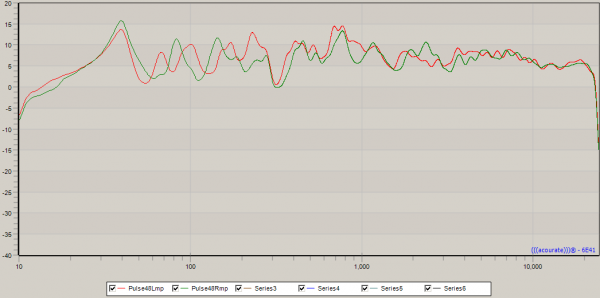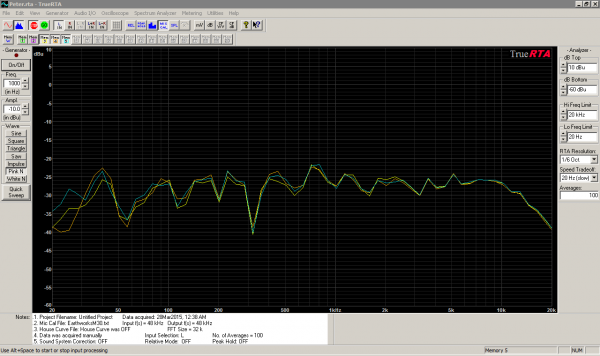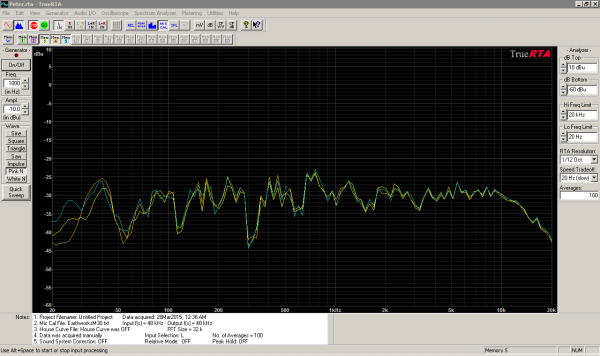I am not saying anything yet. Just asking a question for now.
No, I am just at terminology state right now. I like to hear from people who are opposed to measurements, what they think the term means.
Why don't you simply tell us what it means to you?
BTW can you tell us what you mean by "people who are opposed to measurements"? Answering "The 5 who voted I hate all the talk about science.The only thing that matters are my ears." is not acceptable IMHO.




